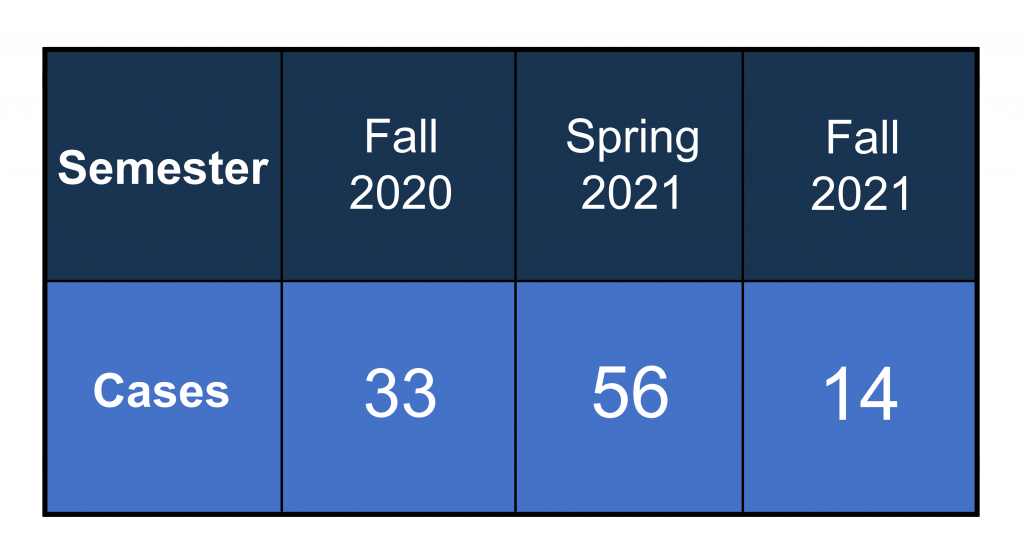Between Dec. 2018 and Nov. 2019, VWU received a grant to use retention ponds to study the use of phycoremediation, or algae, to remove pollutants from stormwater ponds. This was the second grant the school received thanks to Dr. Elizabeth Malcolm, the first being in 2005 for the “green roof” on Greer. A retention pond is also the key sustainable feature of DeFord Manor.
“Stormwater ponds not only slow down the flow of water, but also help remove pollutants by allowing particles to settle out of the water,” Malcolm said. “The ponds around the Greer Center are additionally designed to mimic wetlands. The plants and algae in the ponds help remove pollutants from the water. My students have conducted research funded by the Environmental Protection Agency that demonstrated that algae growing in the ponds can remove heavy metals from the water.”
Stormwater retention ponds are a signature feature of Virginia Wesleyan’s sustainability initiatives on campus. Due to the fact they are not lined, the lack of rainfall has caused the height of the water table to drop below the height of the ponds leaving them drained. The ponds being empty reflects Virginia Beach’s status of D0, or “abnormally dry,” according to drought.gov. At this level, drought watches are issued and citizens are asked to conserve water.
Retention ponds are often used to collect contaminated stormwater runoff through pipes and decontaminate it naturally. Advantages, according to Wessler Engineering, include improving water quality, processing water without need for additional equipment, improving flood control and creating new habitats.
“The wetlands at Greer help to recreate the natural environment that existed here prior to the colonial period,” Skyler Lattuca, environmental consultant and horticulturist for the Norfolk Botanical Gardens and VWU said. “The restoration of these environments helps to attract more diverse wildlife, such as many species of frogs, dragonflies and even water snakes that couldn’t live here without wetlands. The coastal plain of Virginia used to be home to all sorts of semi-aquatic species that have since become isolated due to habitat loss and fragmentation.”
Lattuca explained that even these small wetlands can help the distribution and travel of local flora and fauna, which in turn can lead to better gene flow and a more diverse ecosystem. By closely mimicking nature, their function goes beyond stormwater maintenance and helps maintain VWU’s vision of sustainability and conservation.
Private funding has allowed VWU to create and maintain these and other sustainable features, and this year, its endowment value reached $123.5 million, according to the INtentional Endowments Network. Of these funds, $80.2 million were designated for the Batten Honors College to continue to enhance its mission of environmental stewardship, guided by the Brown Advisory of Baltimore, Maryland.
Students wanting to read more about or get involved with VWU’s sustainable initiatives can visit https://www.vwu.edu/about/sustainability/.
By: Will Zimmerman-Farkas
scfarkas@vwu.edu


